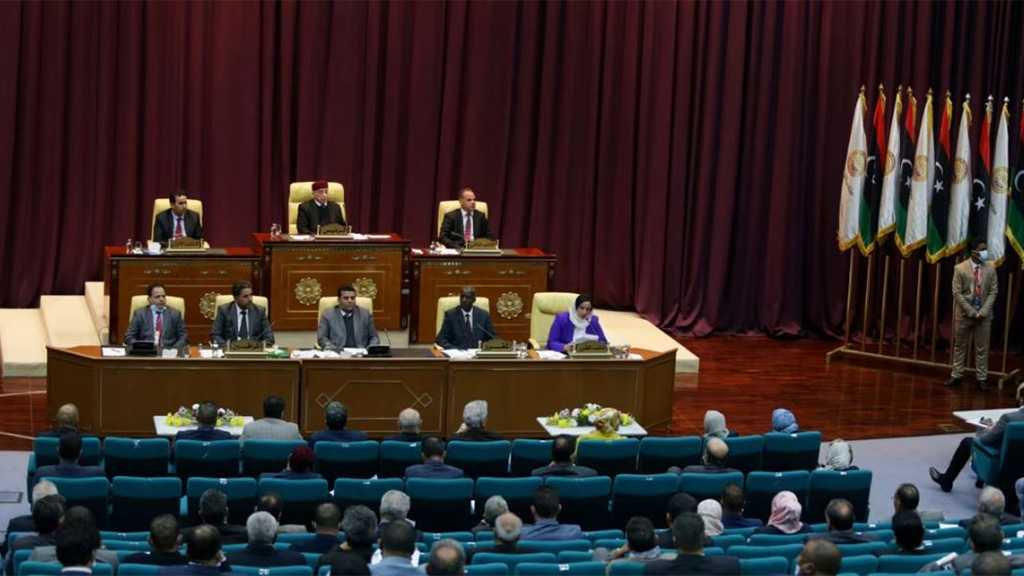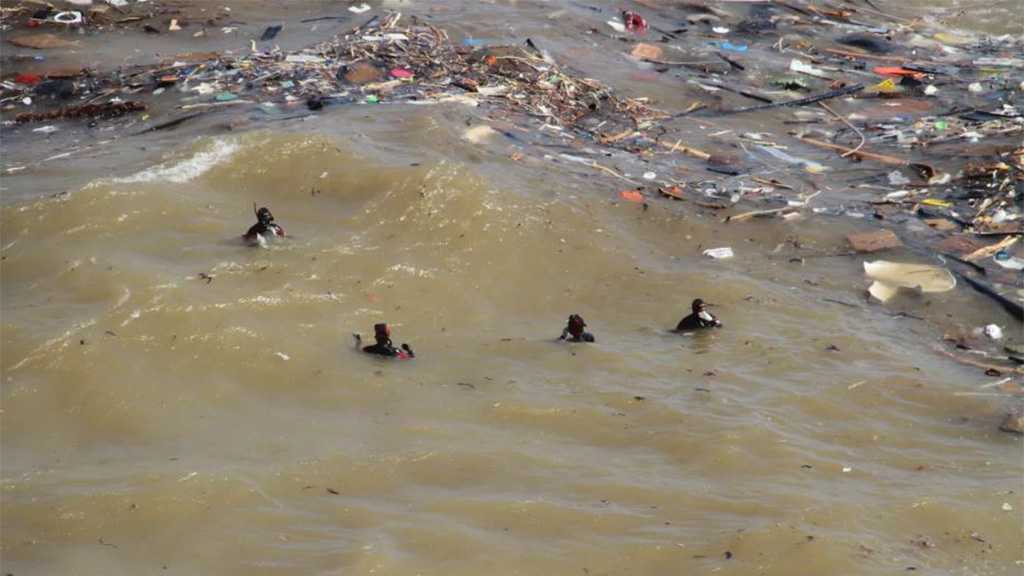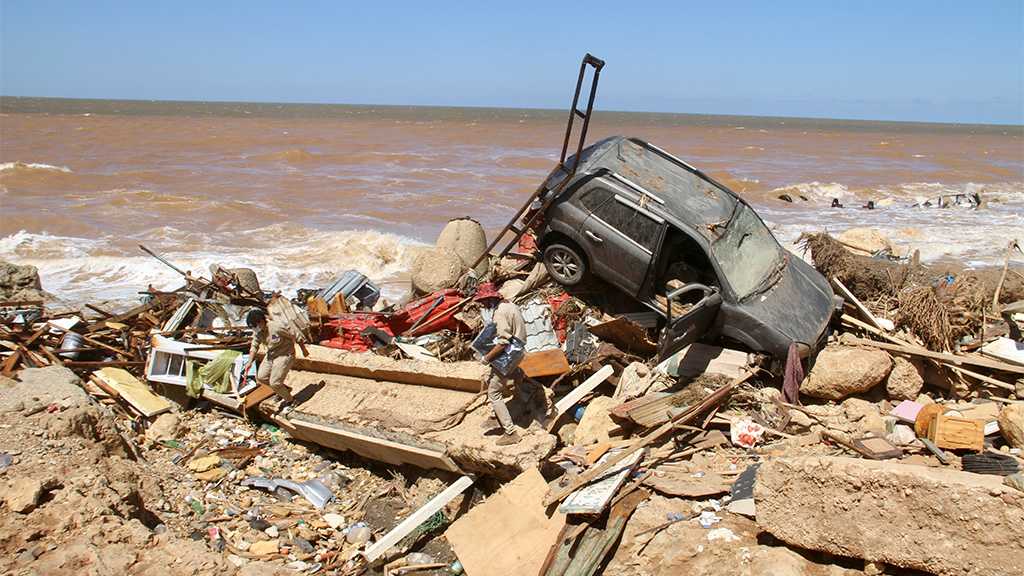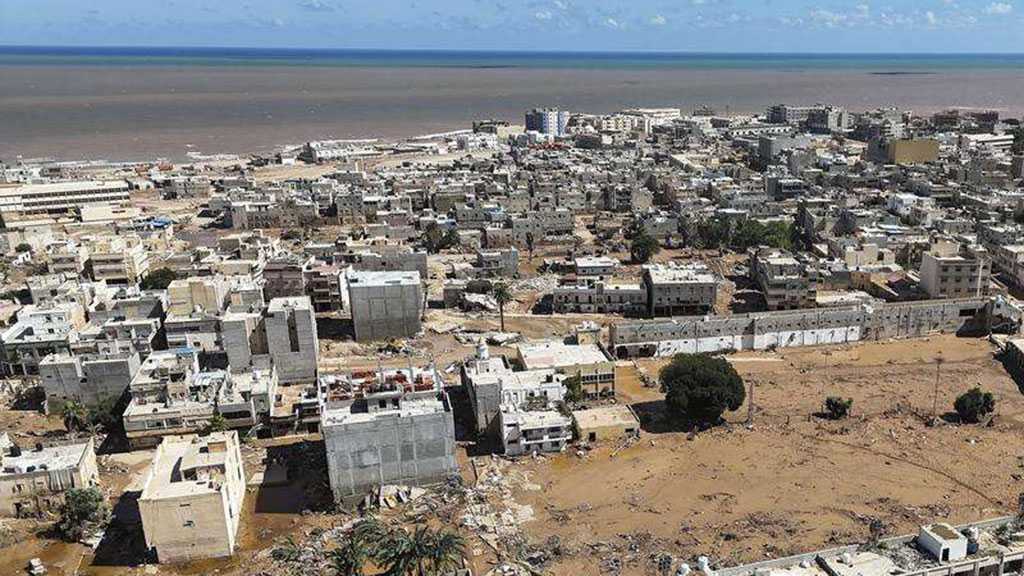UK-Backed Libyan Forces «Taking Bribes to Free Detained Migrants»
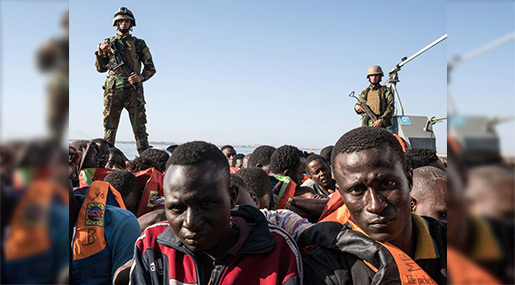
Local Editor
The UK-backed Libyan coastguard is running a racket in the Mediterranean Sea by turning its legitimate power to stop migrant crossings into a cash cow, according to victims' accounts.
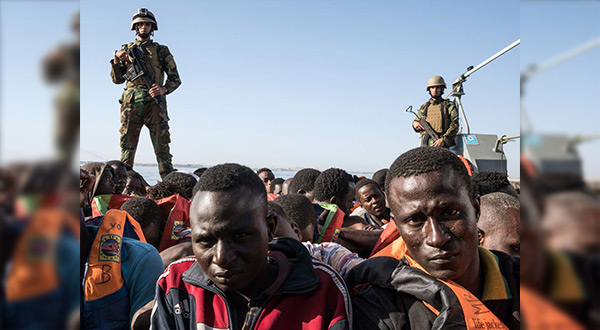
Guards allegedly stop smuggler vessels offshore and detain those onboard, before taking bribes to later release them. Migrants say they are then able to attempt another crossing to Europe.
Human Rights Watch [HRW] has collected numerous testimonies from migrants intercepted at sea who subsequently bribed their way out of Libyan detention centers. HRW says the accounts are tantamount to evidence EU funding could be exacerbating the refugee crisis it aims to fix.
Britain and other countries have been supporting the country's coastguard with training and equipment despite heavily documented evidence of refugee abuse and even instances of violent clashes with aid vessels.
Stéphane, a 30-year-old man from Cameroon, told The Independent he was beaten and robbed by uniformed members of the force while attempting the treacherous boat crossing to Italy in June. This crossing had been organized by a Cameroonian smuggler.
"While they were beating us they demanded money, dollars, telephones - they took everything," he said. "They claimed that if we gave them money, they would have taken us to Italy themselves."
Stéphane and the other passengers were transferred to a prison near Sabratha, one of the biggest smuggling hubs in Libya, where he was kept for three weeks.
Migrants are supposed to be offered support to return to their countries of origin - but Stéphane was offered a different way out.
He said officials offered to free prisoners for €155 [£140] a head. With no money or possessions left after the first crossing, the bribe to release Stéphane and 56 other people was paid by the same Cameroonian smuggler who organized the initial crossing.
Stéphane was then taken to the same house he stayed in before his first crossing attempt, before boarding another smugglers' dinghy and five days later being rescued and transferred to Sicily unchallenged.
The Independent met him at a rehabilitation center run by Médecins Sans Frontières [MSF] for migrants with medical and psychological needs in Catania.
Stéphane told of horrific experiences in Libya, where he was kidnapped for ransom by two separate armed militias before attempting to flee to Italy, where he now hopes to complete his law studies.
His account is the latest in a series of allegations levelled at the Libyan coastguard, which has allegedly shot at humanitarian rescue ships, beat migrants and caused sinkings.
Despite credible evidence of abuses, the Ministry of Defense has embarked on a third round of training which started in October 2016, taking on 60 Libyan coastguard members in total.
Two rounds of programs including human rights education have been completed offshore and in recent days a classroom-based course on maritime law, navigation and boat-handling has started at a military base in Italy.
Europe has steadily been increasing its cooperation with Libya's fragile Government of National Accord [GNA], following the arrival of hundreds of thousands of migrants in crossings which have killed more than 15,000 men, women and children over the past four years.
The Government insists it carries out "robust assessments" on its partners, despite mounting evidence Libyan coastguard operations are both inhumane and ineffective.
A Government spokesperson said the UK carries out robust assessments on all partners, including impact analysis and human rights compliance checks, before providing support in fragile states with poor human rights records.
"All our work considers possible risks to vulnerable migrants," he added.
"In Libya, our support is saving lives, improving conditions and rights for migrants. The alternative would be to turn a blind eye to their suffering."
A spokesperson for the GNA told The Independent: "The Libyan government takes these allegations very seriously. We have a zero tolerance for corruption in any instances and will investigate these very serious allegations before taking the appropriate action.
"We are doing our best, in the most difficult circumstances imaginable, to provide appropriate facilities for migrants onshore and protective measures of our coastline offshore. We are committed to fighting illegal human trafficking with our international partners."
Source: The Independent, Edited by website team

